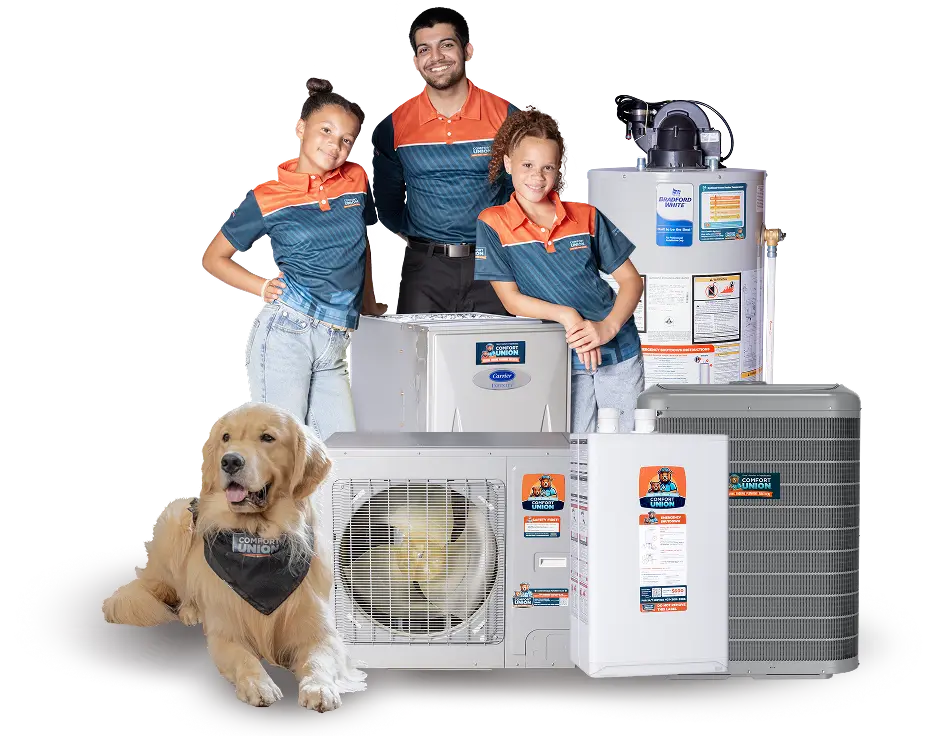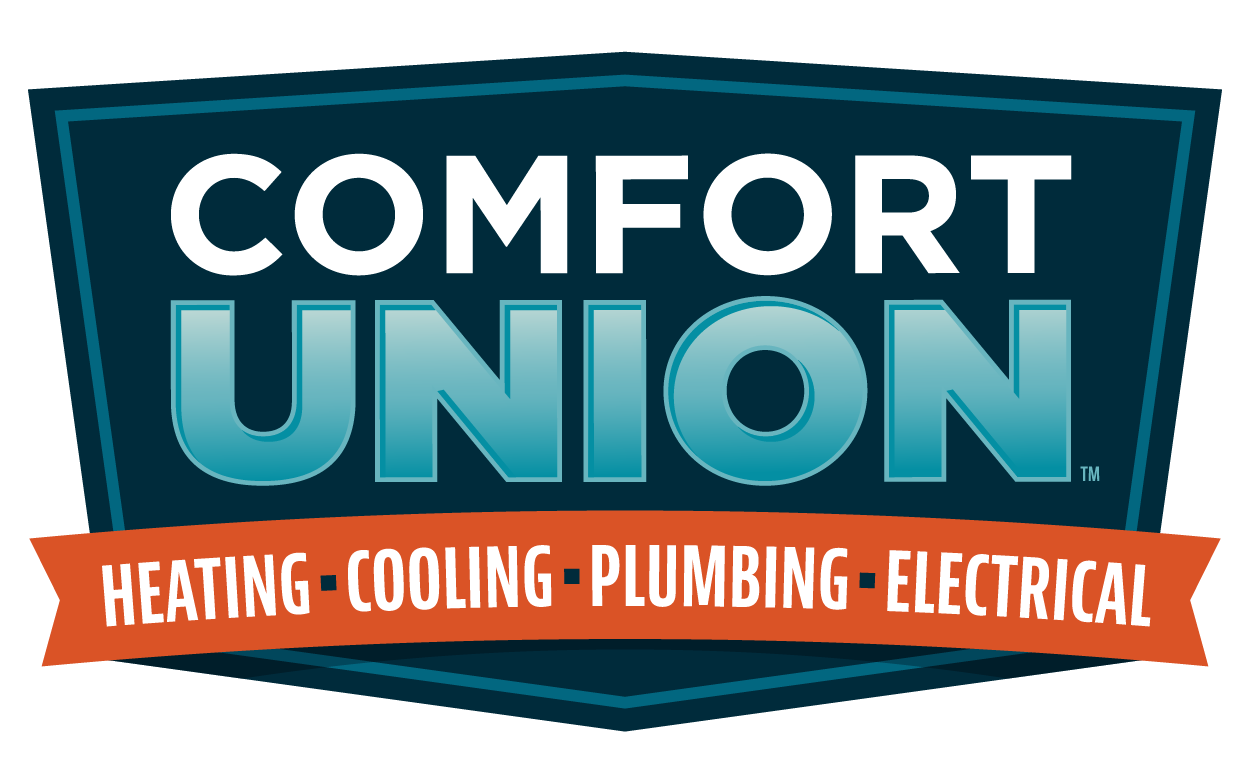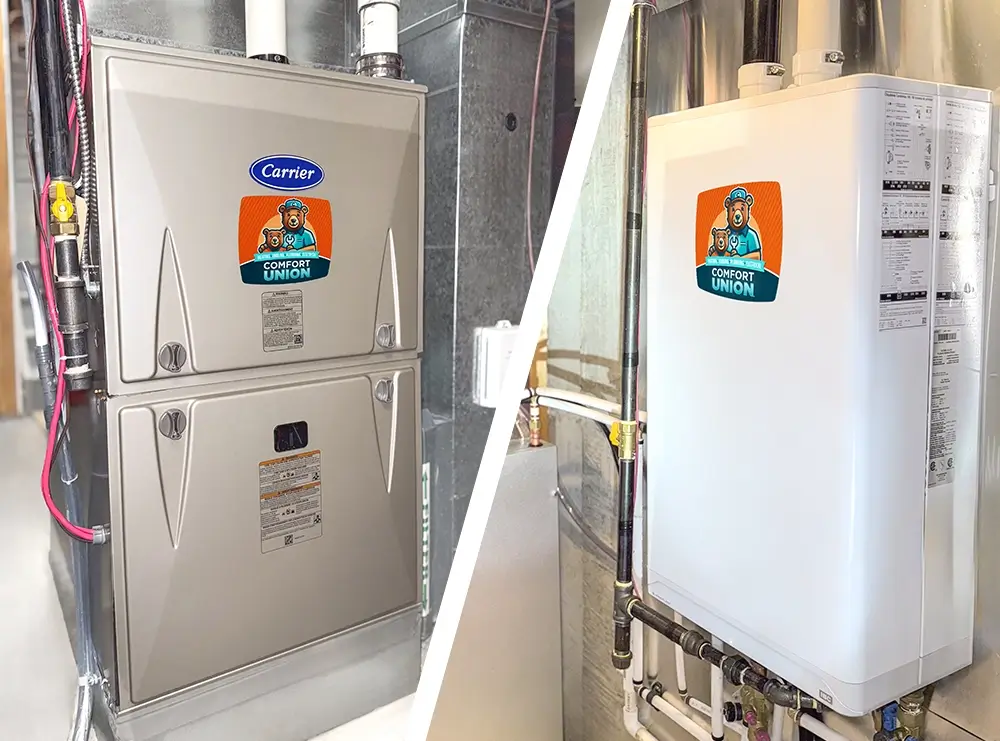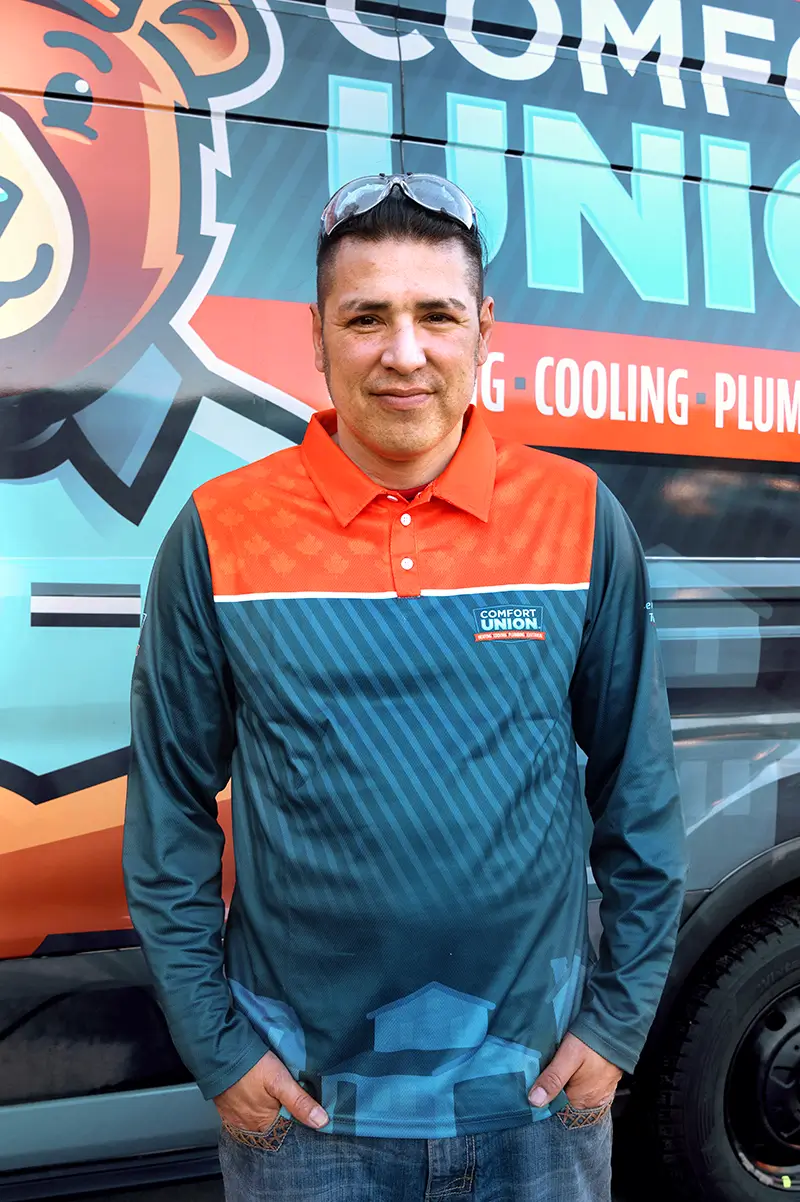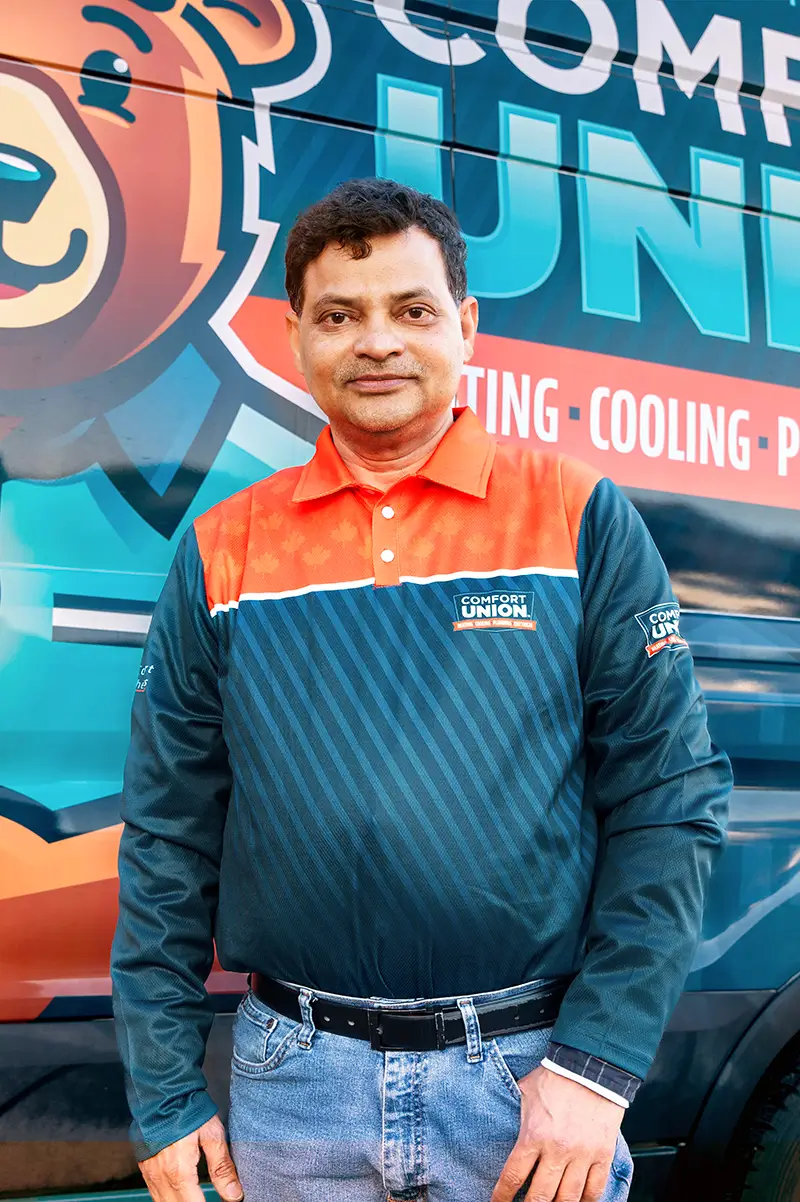When it comes to heating your Calgary home efficiently through long, frigid winters, the debate between boilers and furnaces is more relevant than ever. Both systems have their strengths, but choosing the right one can impact everything from your monthly gas bill to indoor comfort and air quality. This guide breaks down how boilers and furnaces compare in Alberta’s cold climate, from energy efficiency to installation costs, so you can make the best decision for your home and family.
Why This Debate Matters in Calgary Homes
Calgary winters are no joke. Between polar vortexes, dry air, and sudden chinooks, your heating system needs to be reliable, energy-smart, and able to handle -30°C without blinking. Efficiency isn’t just about lowering bills but also about keeping your family warm without overworking your system or sacrificing comfort.
Need a New Boiler?
With Flexible Financing Options
How Do Boilers and Furnaces Work?
Most Calgary homes rely on either a furnace or a boiler, but many homeowners don’t realize how differently they work.

Boiler systems: Radiant heating using water
Boilers heat water and distribute it through pipes to radiators, in-floor heating, or baseboards. This type of heating is called radiant, and it warms objects and people directly rather than blowing hot air around.
Furnace systems: Forced-air heating using ductwork
Furnaces heat air and push it through a duct system using a blower fan. Most Calgary homes use natural gas furnaces connected to existing ductwork.

Common setups in Calgary homes
Older communities like Mount Pleasant and Haysboro often have hydronic baseboard or radiator systems. Newer builds typically feature high-efficiency gas furnaces. Some homes, especially those with basement suites or in-floor heat, may use both systems.
Comparing Efficiency: Boiler vs Furnace
This is where things get interesting. High-efficiency boilers typically have AFUE ratings between 90% and 95%, while newer condensing furnaces can hit similar numbers. But real-world efficiency isn’t just about AFUE but also about how evenly the system heats your space, how much energy is wasted during cycling, and how well the system retains heat.
AFUE ratings and what they mean
AFUE (Annual Fuel Utilization Efficiency) measures how much fuel your system converts into usable heat. High-efficiency boilers and furnaces can reach 95–98% AFUE. However, real-world performance often tells a different story.
Real-world performance in Calgary winters
Boilers shine during long, cold spells. They deliver steady heat with fewer temperature swings and no heat lost through duct leaks. Furnaces heat up fast but can short-cycle in milder weather, reducing their actual efficiency.
Fuel usage and heat retention comparison
Boilers operate at lower water temperatures and maintain warmth longer, especially with radiant in-floor heating. Furnaces may use more gas due to duct loss and faster heat dissipation.
Zoning and energy waste control
Boilers are easily zoned, allowing you to heat only the rooms you’re using. This reduces waste, especially in larger homes. Zoning with forced air is possible, but more complex and expensive.
Installation and Operating Costs in Calgary
Installing a boiler usually costs more upfront than a furnace, especially if you’re starting from scratch without existing hydronic plumbing. Maintenance also differs: boilers require less frequent servicing, but any repairs can be pricier due to specialized parts and plumbing.
1. Upfront cost differences
Furnaces are generally cheaper to install at around $4,000 to $6,500, depending on brand and complexity. Boilers start around $8,000 and can reach $15,000+ for radiant systems.
2. Long-term gas and electricity bills
Boilers often lead to lower bills over time, particularly in well-insulated homes. Their consistent operation and reduced cycling save fuel. Furnaces may cost more in harsh winters due to higher gas usage.
3. Maintenance and lifespan expectations
Furnaces typically last 15–20 years with proper tune-ups. Boilers, especially well-maintained ones, can last 20–30 years. Boilers also have fewer moving parts, making them quieter and often more durable.
Which System Offers Better Comfort and Air Quality?
Comfort and air quality are two very important things to consider, especially for systems that are expected to be turned on for long periods. Let’s go over the differences between boilers and furnaces in this category.
Radiant vs forced air feel
Boilers provide even, radiant warmth, no drafts, no blowing air. This is especially appreciated in open-concept homes or homes with tile and hardwood floors. Furnaces heat quickly but may cause dry or uneven temperatures.
Dry air, dust, and humidity differences
Boilers don’t affect indoor air quality since they don’t move air around. Furnaces often dry out the air and circulate dust unless paired with humidifiers and air filtration.
Basement and multi-zone considerations
Boilers are excellent for homes with finished basements, additions, or in-floor heat. They allow multiple temperature zones, improving comfort. Furnaces typically serve one zone unless ductwork is modified.
When a Boiler Makes More Sense in Calgary

Buying a boiler is a perfect match for in-floor radiant systems, providing gentle warmth that rises from your feet upward, ideal for basements and bathrooms.
Also, if long-term energy efficiency and cleaner operation are important to you, a condensing boiler system is hard to beat. Compact combi boilers save space by combining hot water and heating in one wall-hung unit, ideal for infills, laneway homes, or downsizing projects.
When a Furnace Might Be the Better Choice
If your home already has ductwork, or you’re working within a tighter budget, a furnace is often the more practical choice. Furnaces are faster to install, more widely available, and easier to pair with central air conditioning. They’re especially popular in 1,200–1,500 sq ft single-level homes in communities like Coventry Hills or Legacy, where simplicity, speed, and cost-effectiveness take priority over zone-specific heating comfort.

Local Factors Calgary Homeowners Should Consider
Calgary’s unique climate poses specific challenges for both heating systems. Boilers need freeze protection, especially if you’re using glycol in hydronic loops for garages or external zones. Calgary’s hard water can also cause scale buildup in boiler systems, so a water softener is often a smart add-on. Don’t forget about local rebates and incentives like the Canada Greener Homes Grant, which may offer up to $5,000 back on eligible high-efficiency upgrades.
Calgary’s hard water can shorten the lifespan of both boilers and water heaters. Consider pairing your boiler with a water softener system.
Our Verdict: Boiler or Furnace for Calgary?
If you prioritize long-term energy savings, clean indoor air, and consistent warmth—especially with radiant or in-floor heat, a boiler system is likely your best bet. If you need a fast, cost-effective heating upgrade with existing ductwork in place, a high-efficiency furnace is still a solid option.
FAQs: Boiler vs Furnace in Calgary
Are boilers more efficient than furnaces?
Yes, especially in larger homes or those with radiant heat. Boilers deliver consistent warmth with less energy loss.
Is it cheaper to heat a house with a boiler?
Long-term, yes. While boilers cost more upfront, they can reduce gas usage and maintenance over the years.
What is the most efficient way to heat a house in Canada?
In-floor radiant systems powered by high-efficiency boilers are among the most efficient, especially in cold regions like Alberta.
Why use a boiler instead of a furnace?
Boilers offer better comfort, quieter operation, and lower long-term costs, ideal for in-floor heating and zoned comfort.

High-efficiency furnaces installed by licensed Calgary techs. Built for cold winters, backed by strong warranties. Perfect for families upgrading for comfort and savings.
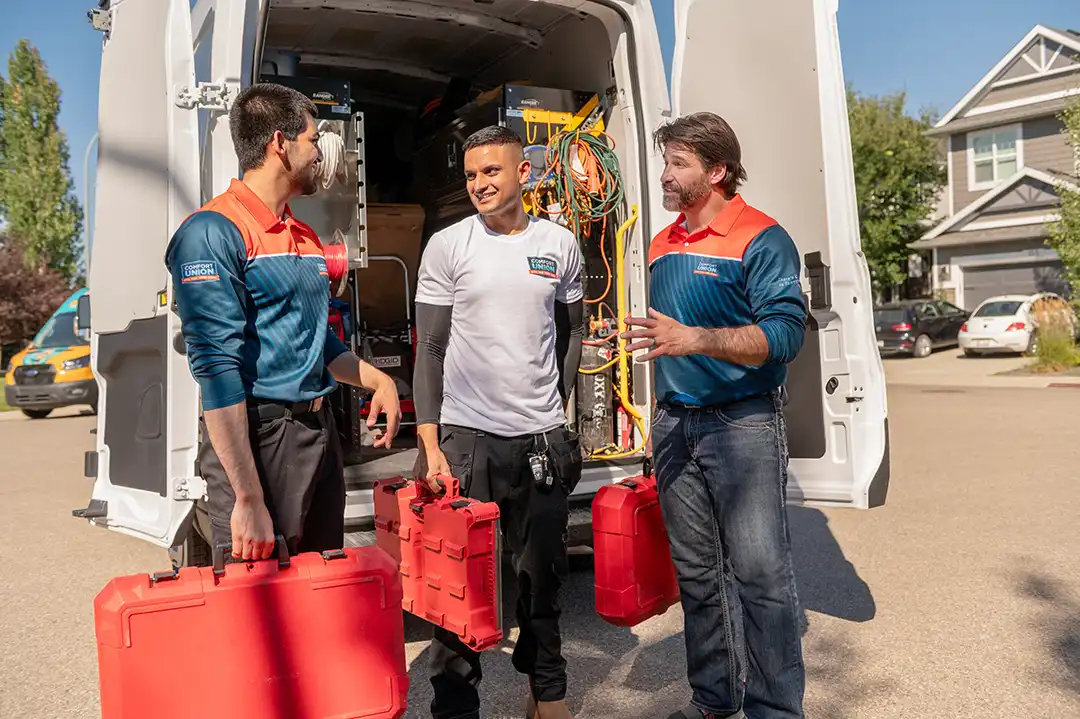
One smart system for home heat and hot water. Our Calgary team installs Navien and IBC combi boilers with expert care, space-saving design, and energy efficiency.

Losing heat or hot water? We diagnose and fix combi boiler issues fast with honest pricing, licensed repairs, and no surprise fees.
